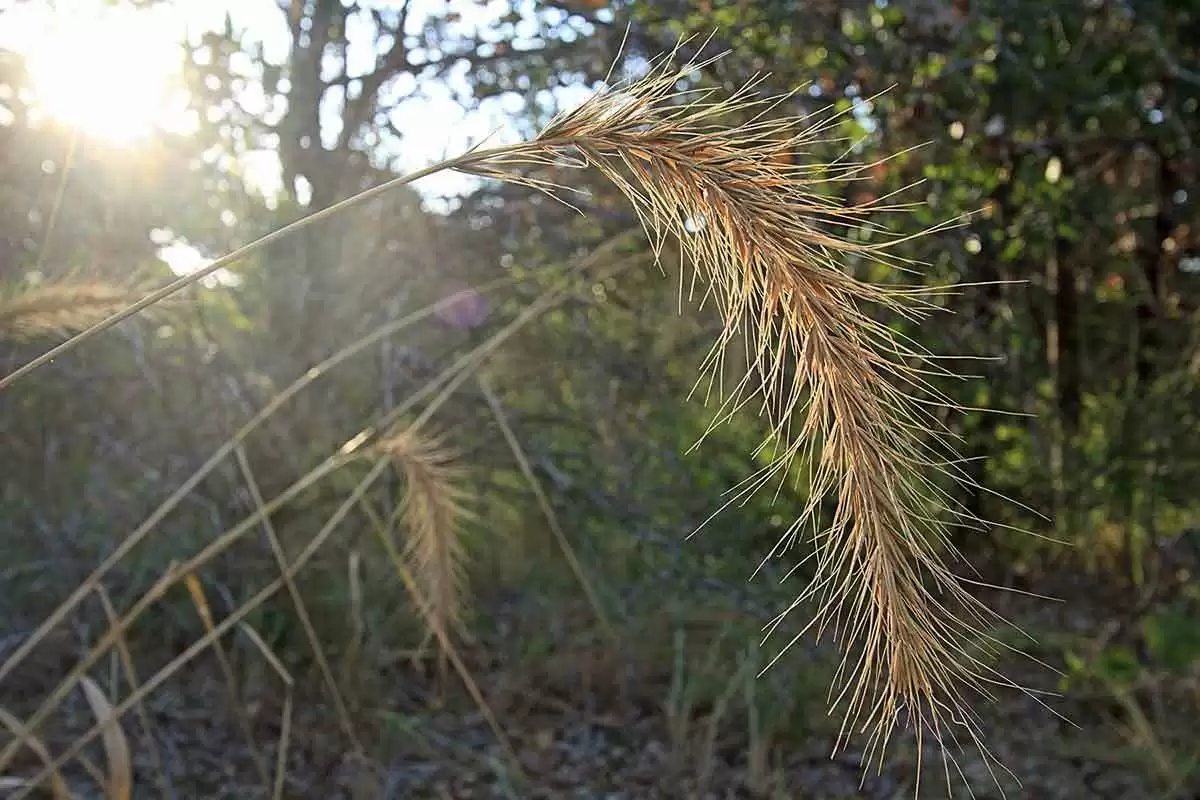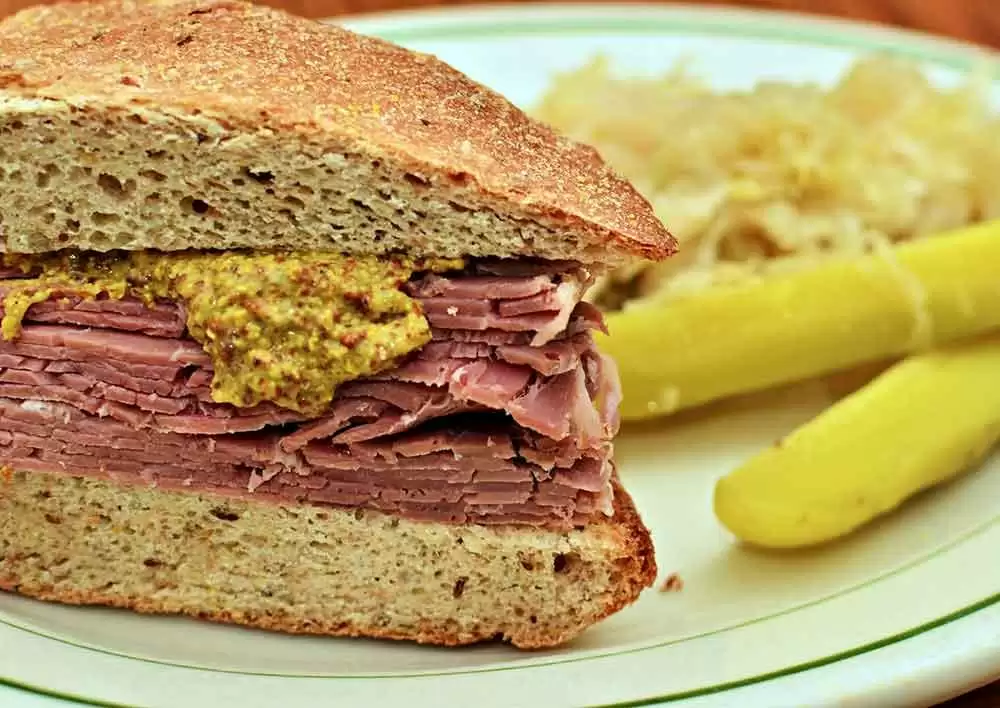
Celiac.com 08/16/2021 - Australian researchers are warning that proteins in the common weed ryegrass could pose significant gluten-contamination problems for people with gluten sensitivity and for Australian farmers growing gluten-free crops, such as millet, buckwheat and sorghum.
Ryegrass is commonly used as livestock feed and also as a turf of choice for sports pitches. A strain of ryegrass also graces the famed tennis courts at Wimbledon. But ryegrass is also a regarded as a menace, and regarded as an undesirable weed, especially among gluten-free crop growers.
Celiac.com Sponsor (A12):
Researchers have expressed concern that the gluten-like proteins found in ryegrass might readily mix with crops used as gluten-free products, and trigger reaction among people with celiac disease or gluten intolerance.
Research led by Edith Cowan University (ECU) and Australia's national science agency, CSIRO, identified the proteins in 10 strains of ryegrass (Lolium species), a costly and invasive family of weeds commonly found in Australian cereal crops.
The research team found nearly twenty proteins found in ryegrass, which showed similar properties to gluten proteins, says Dr. Sophia Escobar-Correas, a researcher based at ECU and CSIRO. While ryegrass proteins are technically not defined as gluten, they may trigger reactions for some people with celiac disease or gluten intolerance.
Dr. Escobar-Correas says that her team has "developed a method to detect these ryegrass proteins that allows us to distinguish them from other grains." To better understand whether these ryegrass proteins may be a problem, Dr. Escobar-Correas plans to undertake clinical studies to determine if these proteins trigger a celiac response. If people with celiac disease or gluten intolerance react to these proteins, she says, "then it's important that we develop tests to detect their presence in food products which are otherwise gluten-free."
Professor Michelle Colgrave of ECU and CSIRO, and a co-author on the research, says the research lays down a marker for gluten-free products "by giving consumers and producers confidence that products labelled as gluten-free are free from other proteins which may trigger reactions resulting from agricultural co-mingling."
The idea that rye grass contamination in gluten-free grain products could cause reactions for people with celiac disease and gluten-intolerance is an interesting one, and certainly merits further study. Maybe that Wimbledon grass Novak Djokovic snacked on was not so gluten-free after all?






Recommended Comments
Create an account or sign in to comment
You need to be a member in order to leave a comment
Create an account
Sign up for a new account in our community. It's easy!
Register a new accountSign in
Already have an account? Sign in here.
Sign In Now